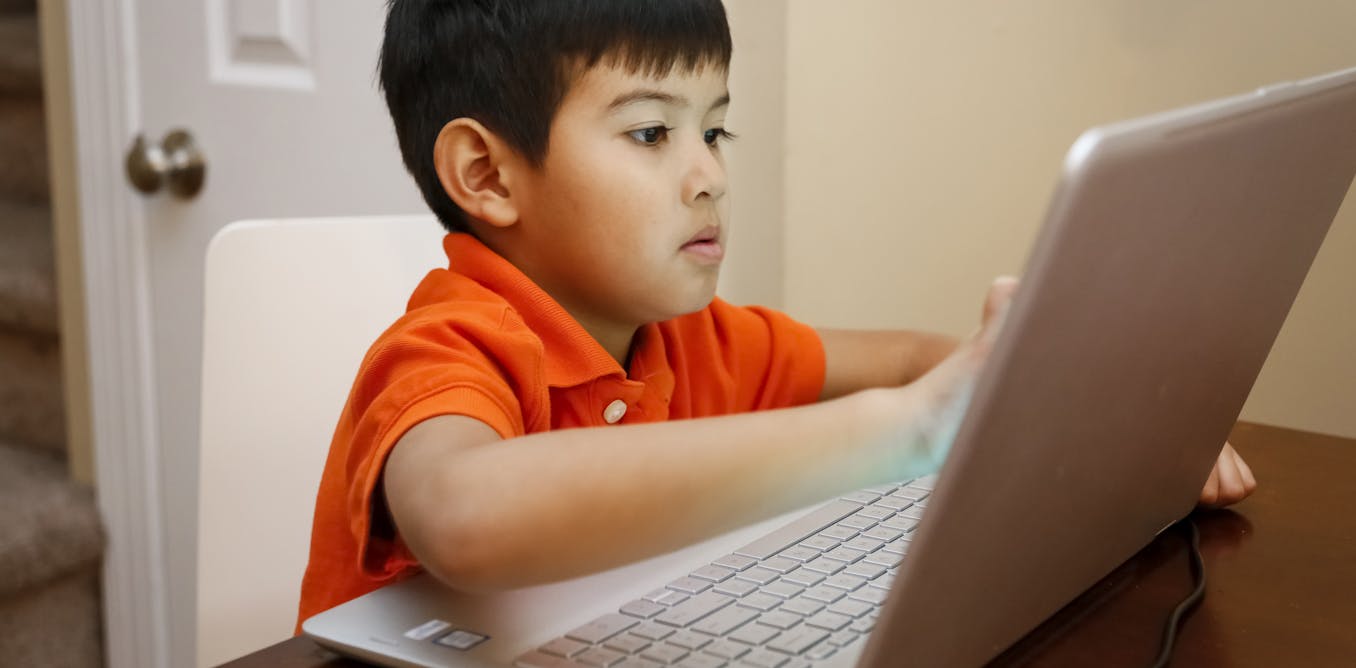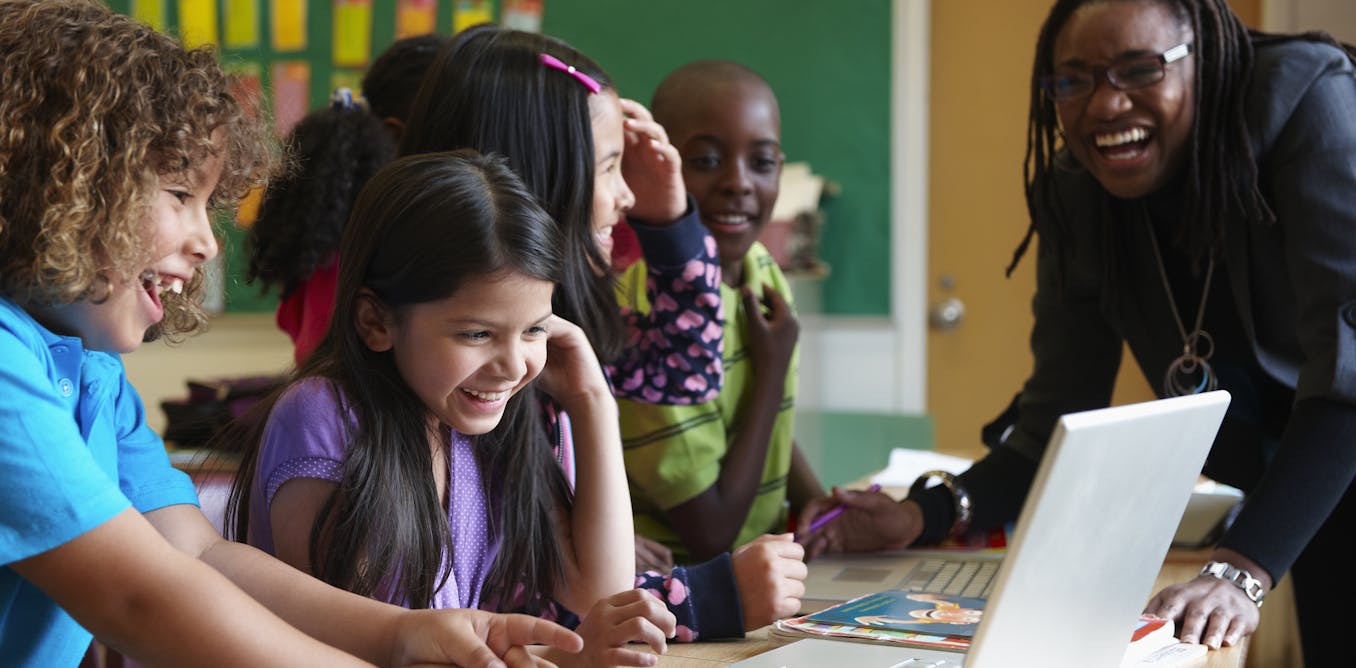Teens don't know everything − and those who acknowledge that fact are more eager to learn
Being aware of ignorance and fallibility can make people more teachable, and perhaps it could make people feel helpless and disempowered.
Dec. 11, 2023 • ~10 min





